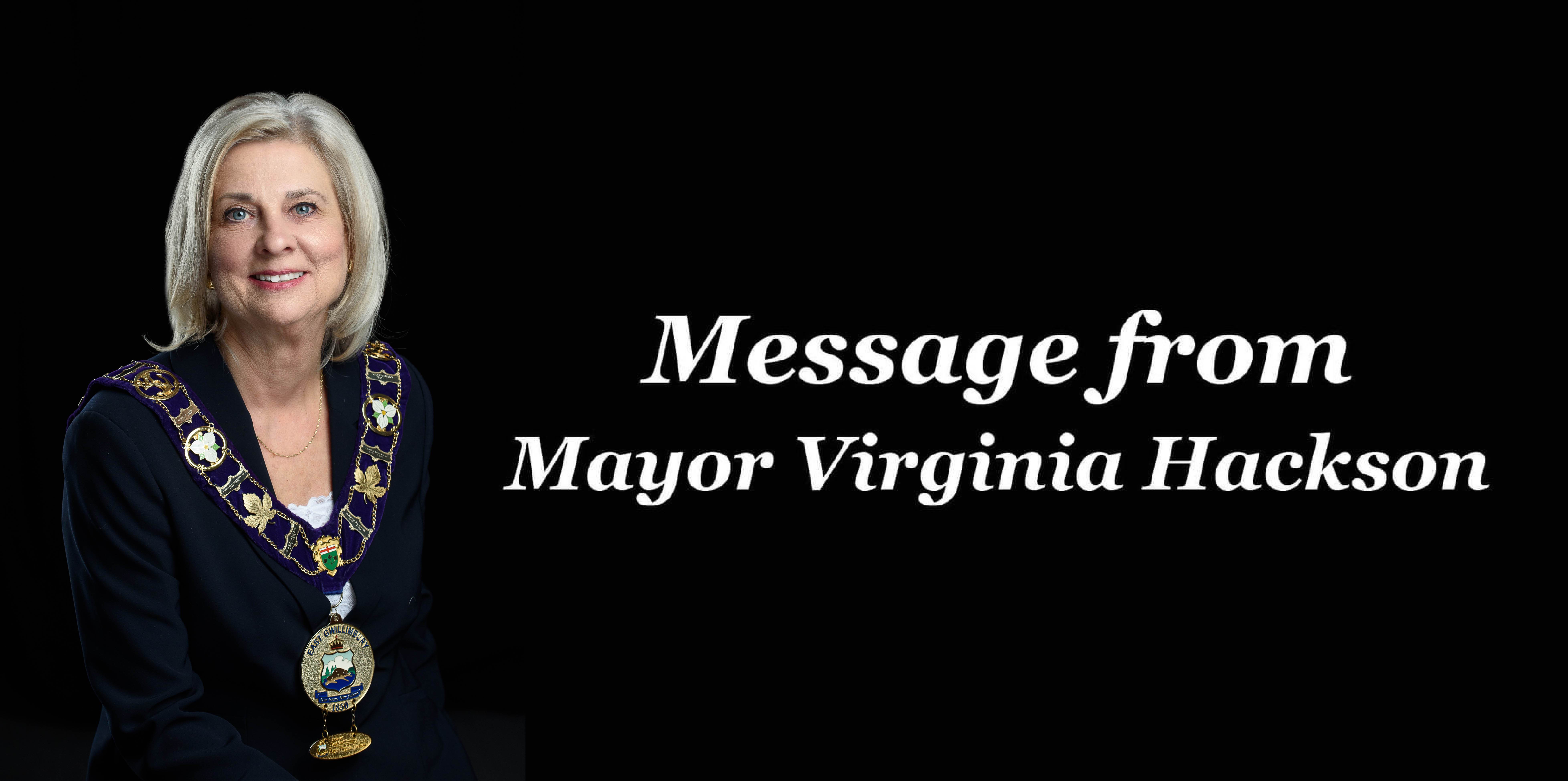What is Bill 23 – More Homes Built Faster Act, 2022 and what is the impact on East Gwillimbury?

The More Homes Built Faster Act is the Ontario government’s legislation to support the province’s newest Housing Supply Action Plan, a long-term strategy, to help build more homes and make life more affordable for Ontario families. It will facilitate the construction of 1.5 million homes in Ontario over the next 10 years by freezing, reducing, or removing fees from the Planning Act, the Development Charges Act, and the Conservation Authorities Act. This impacts municipalities across Ontario by reducing the amount of development charges that can be collected.
Development should pay for development. Municipalities rely on development charges to pay for community infrastructure such as roads, water and wastewater systems, sidewalks, parks, trails, and community centres. As a result of these changes, East Gwillimbury foresees a potential $40 to $70 million shortfall in development charges over the next 10 years. One example of an area we are impacted is the cost to build the Town’s new Health and Active Living Plaza. We have been planning for the construction costs of this community centre for many years based on forecasts of previously available development charges. With these recent changes, comes a projected $10 to $15 million shortfall for this project, meaning we must review our existing financial plans.
I assure you that Council is committed to maintaining a strong financial position and uses several revenue sources to fund operations and infrastructure. These sources include development charges, government grants, partnerships, and property taxes. However, if no other revenue sources are identified, the Town may need to increase the amount of tax revenue it collects to cover the reduction in development charges revenue.
The 2023 budget process will begin on January 30 and the base program and service budget will be at or below the rate of inflation which is currently averaging 6.9% for 2022. The projected shortfall from the impact of Bill 23 is not included in this year’s budget submission. However, to account for the decrease in development charges revenue, beginning in 2024, property taxes could increase by 3 to 5% and this could continue for the next 10 years.
This new provincial legislation has generated concern with residents, and rightly so. East Gwillimbury Council, along with many others throughout the province have called on the Ontario government to repeal the financial elements of this legislation. We will continue to make our voices heard and will work collaboratively with the province in any way we can to address this issue and support our hard-working residents.
I hope this helps provide some clarity on the impacts of Bill 23 to not only our Town, but municipalities across Ontario.
For more information, visit the More Homes Built Faster Act page.
Contact Us
Our Customer Service Team is here to help!
